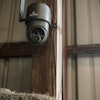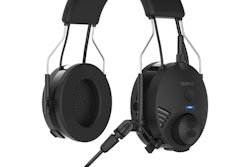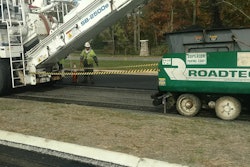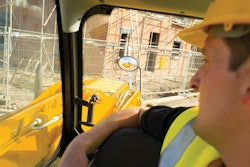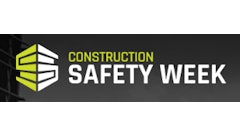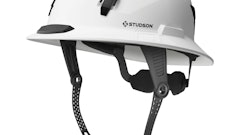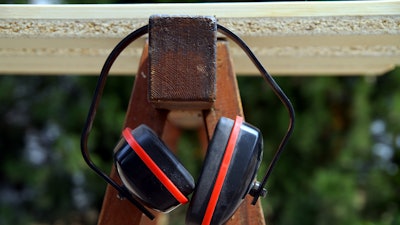
Workers using headphones on construction sites can be a polarizing issue. The Occupational Safety & Health Administration responded to a recent question with this "letter of interpretation" to clarify its position on headphones in construction:
September 06, 2019
[Name withheld]
Thank you for your letter to the Occupational Safety and Health Administration’s (OSHA) Directorate of Enforcement Programs. You requested a clarification on the use of headphones to listen to music on a construction site. This letter constitutes OSHA's interpretation only of the requirements discussed and may not be applicable to any questions not delineated within your original correspondence. Your specific question is paraphrased below, followed by OSHA’s response.
Question: Some headphones are equipped with a built-in volume limiter and are marked as “OSHA approved” for use in the workplace. Is there a specific OSHA regulation that prohibits the use of headphones to listen to music on a construction site?
Response: No, there is no specific OSHA regulation that prohibits the use of headphones on a construction site.
OSHA’s standard for Occupational Noise Exposure in construction, 29 CFR 1926.52, sets permissible noise exposure limits in Table D-2 and requires the employer to protect employees subject to sound levels exceeding these limits.
OSHA’s Hearing Protection standard, 29 CFR 1926.101, requires that ear protective devices be provided by the employer and used wherever necessary to reduce noise levels below Table D-2 limits.
A portable music player is not a substitute for hearing protection, however. The noise exposure on the jobsite, or through the use of volume-limiting headphones, must not exceed the Table D-2 limits.
The use of headphones on a construction site may be permissible at managerial discretion, unless such use creates or augments other hazards apart from noise. For example, struck-by hazards are one of the four leading causes of death in construction. It is the employer’s responsibility to ensure that employees are not exposed to struck-by hazards while performing their work. Listening to music may produce a safety hazard by masking environmental sounds that need to be heard, especially on active construction sites where attention to moving equipment, heavy machinery, vehicle traffic, and safety warning signals may be compromised.
Additionally, some manufacturers may claim that their products are “OSHA approved” or “100% OSHA compliant.” OSHA does not register, certify, approve, or otherwise endorse commercial or private sector entities, products, or services. Therefore, any such claims by a manufacturer are misleading.
Thank you for your interest in occupational safety and health. We hope you find this information helpful.
OSHA’s requirements are set by statute, standards, and regulations. Our letters of interpretation do not create new or additional requirements but rather explain these requirements and how they apply to particular circumstances. This letter constitutes OSHA’s interpretation of the requirements discussed. From time to time, letters are affected when the Agency updates a standard, a legal decision impacts a standard, or changes in technology affect the interpretation.
To assure that you are using the correct information and guidance, please consult OSHA’s website at http://www.osha.gov. If you have further questions, please feel free to contact the Office of Health Enforcement at (202) 693-2190.
Sincerely,
Patrick J. Kapust, Acting Director
Directorate of Enforcement Programs
Related Content
Noise: The Safety Hazard 22 Million Workers Are Exposed to Every Year
